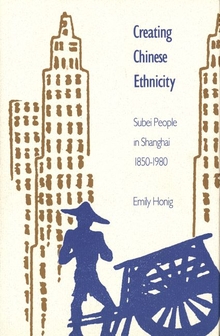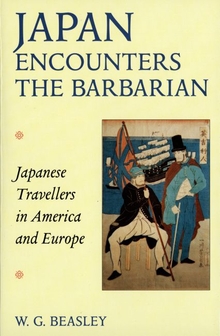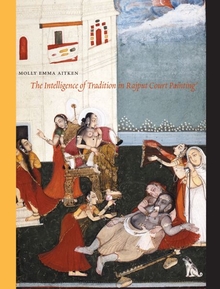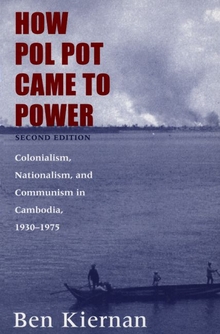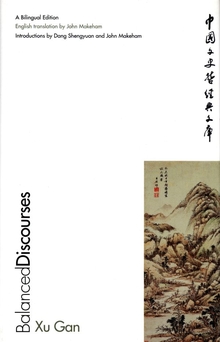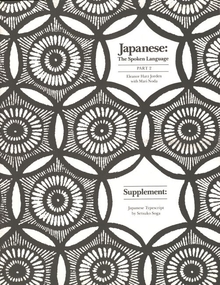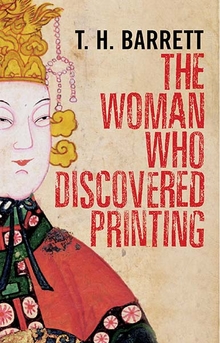Creating Chinese Ethnicity
WARNING
You are viewing an older version of the Yalebooks website. Please visit out new website with more updated information and a better user experience: https://www.yalebooks.com
Subei People in Shanghai, 1850-1980
Emily Honig
In this book, Emily Honig describes the daily lives, occupations, and history of the Subei people, drawing on archival research and interviews conducted in Shanghai. More important, she also uses the Subei people as a case study to examine how local origins—not race, religion, or nationality—came to define ethnic identities among the overwhelmingly Han population in China. Honig explains how native place identities structure social hierarchies and antagonisms, as well as how ascribing a native place identity to an individual or group may not connote an actual place of origin but becomes a pejorative social category imposed by the elite. Her book uncovers roots of identity, prejudice, and social conflict that have been central to China's urban residents and that constitute ethnicity in a Chinese context.
"An important book that will be widely read by historians and social scientists alike. Anyone interested in modern Shanghai must read it."—Jerry Dennerline, Amherst College
"This is an important theoretical contribution to the work on ethnicity in China. Recommended."—Choice
"Crisply written study."—Lynn Pan, Far Eastern Economic Review
"Emily Honig has produced an unusual and important book. Its subject is the construction of ethnicity in Shanghai from the late nineteenth century to the present, with a principal focus on impoverished immigrants who came from Subei, an area roughly encompassing several counties north of the Yangzi River. . . . The results of her efforts is . . . a work that resonates with sensitivity and insight into difficult and intertwined issues of class, discrimination, and cultural construction of identity in twentieth-century China."—Lynda S. Bell, Journal of Economic History
"Honig's book provides fascinating and convincing answers to the question of how and why discrimination against Subei people in Shanghai originated and has persisted to this day. . . . This book exemplifies sophisticated methodology, combining history and anthropology."—John Bryan Starr, The Journal of Asian Studies
Publication Date: October 28, 1992

